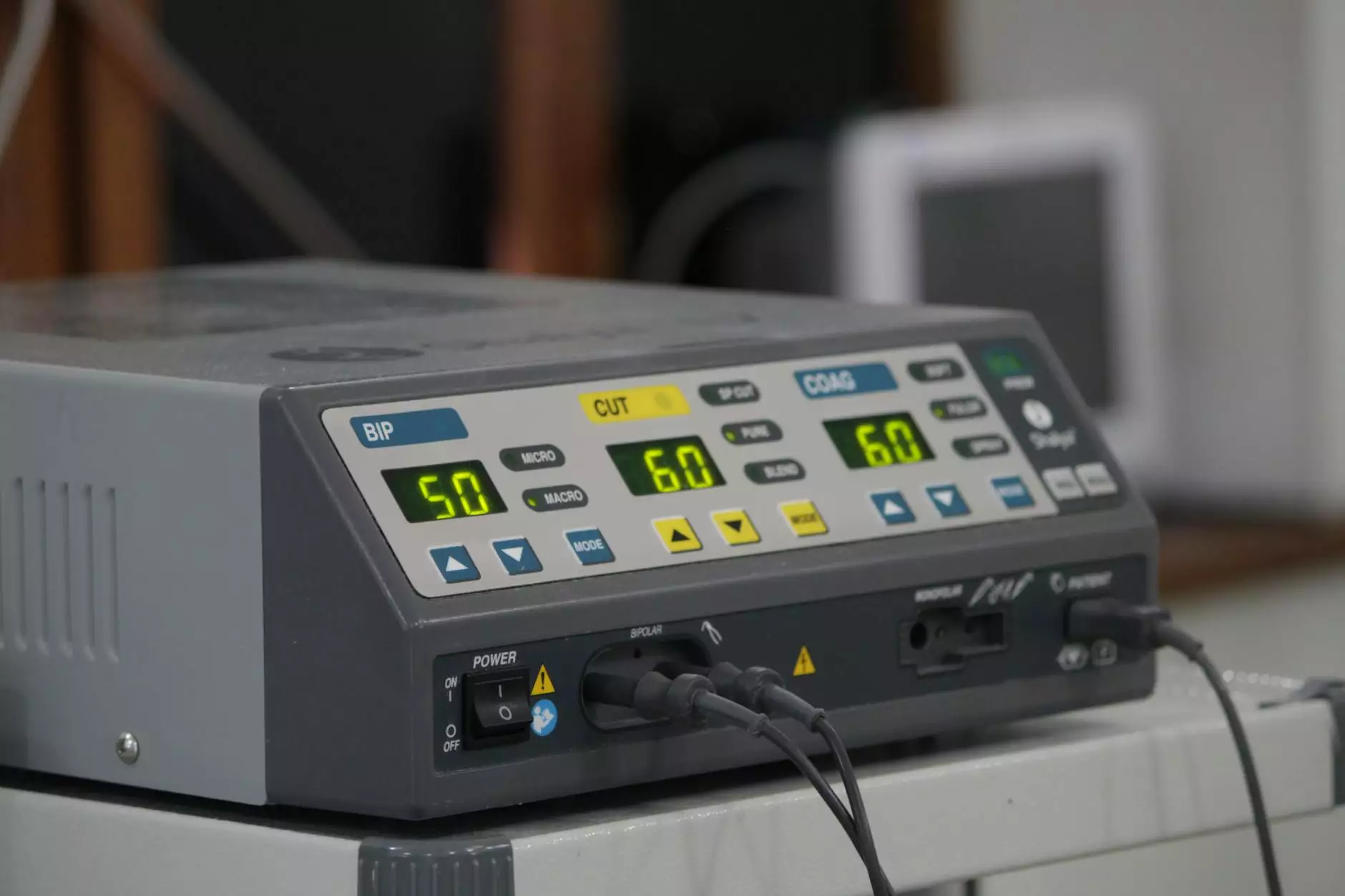Understanding Endometriosis Excision Surgery: A Comprehensive Guide

Endometriosis excision surgery has emerged as a beacon of hope for many individuals suffering from the debilitating effects of endometriosis. This condition affects millions of women worldwide, resulting in severe pain, infertility, and various other reproductive health issues. The journey to understanding this complex disease and its treatment options is crucial for effective management and better quality of life.
What is Endometriosis?
Endometriosis is a chronic condition wherein tissue similar to the lining of the uterus, known as the endometrium, begins to grow outside the uterus. This abnormal growth can lead to a host of symptoms, including:
- Severe pelvic pain: Often associated with menstrual cycles.
- Heavy periods: Menorrhagia or bleeding between periods.
- Infertility: Endometriosis is found in 20-40% of women who are infertile.
- Pain during intercourse: Dyspareunia, which makes intimacy difficult.
- Other gastrointestinal symptoms: Such as bloating, nausea, and diarrhea.
Understanding these symptoms is the first step in recognizing the need for medical assessment. If you’re experiencing any of these symptoms, consulting with a healthcare provider is essential.
Why Choose Endometriosis Excision Surgery?
For many women, the management of endometriosis symptoms may include hormonal therapies or pain management techniques. However, when these methods fall short, endometriosis excision surgery may be recommended. This surgical technique involves the meticulous removal of endometriosis lesions, ovarian cysts (endometriomas), and scar tissue, thereby aiming to restore normal anatomy and relieve pain.
Benefits of Excision Surgery
The surgical excision of endometriosis presents numerous benefits, including:
- Effective Pain Relief: Many women report substantial pain reduction following surgery.
- Improved Fertility: Removing endometrial lesions can enhance the chances of conception.
- Long-lasting Results: Compared to other treatment options, excision surgery may offer longer-term relief from symptoms.
- Minimized Recurrence: Surgical excision, especially when performed by experienced specialists, can lead to a lower chance of disease recurrence.
What to Expect Before the Surgery
Preparation for endometriosis excision surgery involves several steps. Initial consultations typically include:
- Physical Examinations: A thorough evaluation of your medical history and current symptoms.
- Imaging Tests: Ultrasounds or MRIs may be ordered to assess the extent of the disease.
- Discussion of Options: Your doctor will explain the procedure, potential risks, and outcomes tailored to your specific case.
It is essential to discuss any concerns or questions you may have with your healthcare provider. This proactive dialogue ensures that you are fully informed and comfortable with your surgical plan.
The Excision Surgery Process
On the day of the surgery, you will be prepared in a medical facility or hospital. Here’s a brief overview of what occurs:
- Anesthesia: General or regional anesthesia will be administered to ensure comfort during the procedure.
- Surgical Technique: The surgeon will utilize minimally invasive laparoscopic techniques whenever possible. This involves small incisions and specialized instruments.
- Excision of Tissue: The surgeon carefully excises all visible endometrial tissue to help manage symptoms effectively.
Once the procedure is completed, you will be monitored in a recovery area, typically for a few hours before being discharged home.
Recovery and Aftercare
Recovery from endometriosis excision surgery varies from person to person, but here are some common aspects:
- Pain Management: Post-operative discomfort is normal. Your physician will prescribe medication to help manage pain.
- Follow-up Appointments: Regular check-ins with your healthcare provider are essential to monitor recovery and address any concerns.
- Gradual Return to Activities: While most patients can return to light activities within a week, more strenuous activities may require a longer recovery time.
- Health Monitoring: Keep an eye out for any signs of complications, such as increased swelling, persistent pain, or fever, and report them immediately.
Engaging in gentle activities, such as walking, can promote healing, while adequate hydration and nutrition support your body's recovery process.
Long-term Outcomes and Lifestyle Adjustments
Many women experience significant improvements in their symptoms following excision surgery, yet it is crucial to understand that endometriosis is a chronic condition. Here are some methods for long-term wellness:
- Regular Medical Check-ups: Stay connected with your healthcare provider to track your health journey.
- Diet and Nutrition: A balanced diet rich in anti-inflammatory foods can help manage symptoms.
- Exercise: Regular physical activity can alleviate pain and enhance overall well-being.
- Stress Management: Techniques such as yoga, meditation, or professional counseling can prove beneficial in managing stress related to chronic illness.
Choosing the Right Specialist
To ensure the best treatment outcomes for endometriosis excision surgery, selecting a qualified expert is paramount. Look for:
- Board-certified gynecologists: Specializing in endometriosis and minimally invasive surgery.
- Experience and success rates: Research the physician’s background and patient testimonials.
- Comprehensive care: Choose a provider who offers follow-up and ongoing management options.
Dr. Seckin, with years of specialized experience in treating endometriosis, stands out as a leader in this field. The commitment to personalized care ensures that each patient's journey is managed with sensitivity and expertise.
Conclusion
Endometriosis excision surgery can be a transformative choice for individuals struggling with the symptoms of this challenging condition. By removing the source of pain and restoring reproductive health, many women find renewed hope and improved quality of life. Take the next steps in your health journey with the knowledge that you have options, and consult with a specialist who prioritizes your well-being. Embrace the potential of excision surgery and its role in leading to a brighter future.
If you or someone you know is considering endometriosis excision surgery, do not hesitate to explore the resources and expert care offered at drseckin.com. Your health is a priority, and together, we can navigate the best path to wellness.





